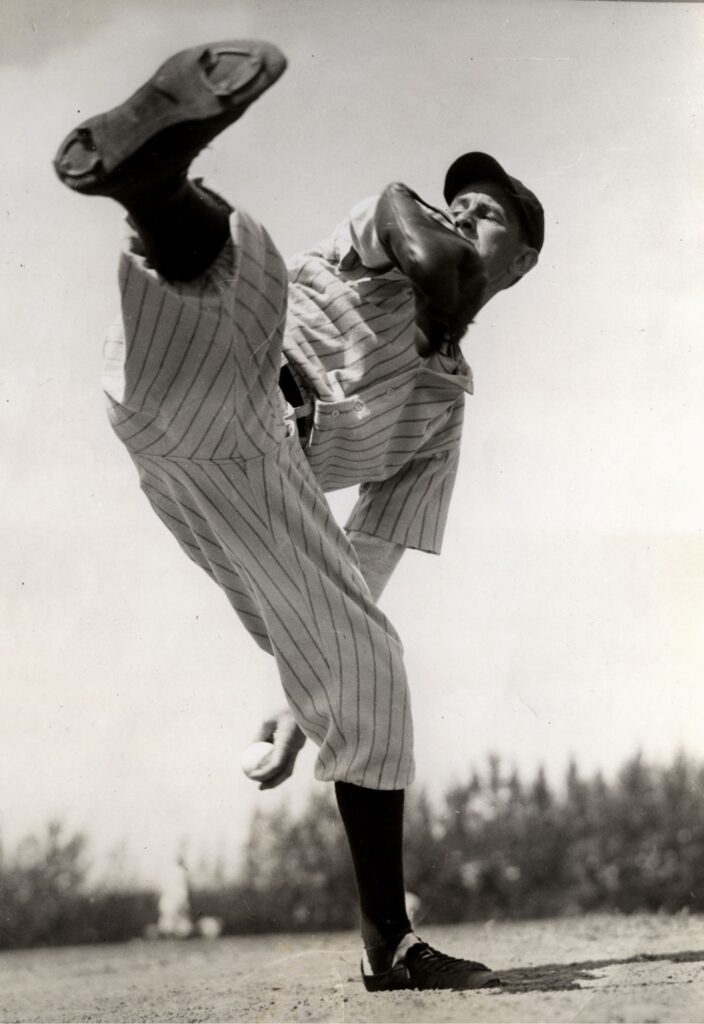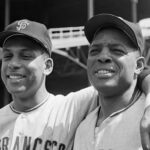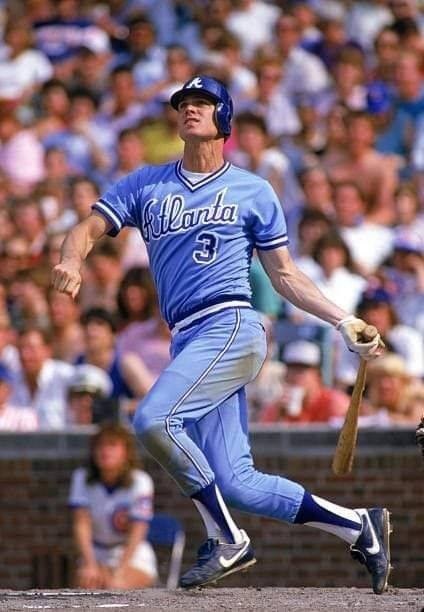Lefty Gomez: First All-Star Starter

The Sports Then and Now Vintage Athlete of the Month was the American League starting pitcher for the first three All-Star Games and five times in a six-year stretch.
It didn’t take long for Vernon “Lefty” Gomez to become established as one of the top pitchers in Major League Baseball.
After posting a 2-5 record in 15 starts in 1930, Gomez quickly became the staff ace. In 1931, at the age of 22, Gomez posted a 21-9 record and 2.67 ERA.
The following season, Gomez went 24-7 and finished fifth in the MVP voting. The Yankees claimed the AL Pennant with a 108-47 record and then swept the Chicago Cubs in the World Series. Gomez was the winning pitcher in game two as he allowed just two runs in a complete game 5-2 victory.
In 1933 Major League Baseball hosted the first All-Star Game between the best players from the American and National Leagues. Gomez was selected as the American League starting pitcher, joining fellow Yankees Ben Chapman, Lou Gehrig and Babe Ruth in a starting lineup that featured seven future Hall of Famers. Gomez pitched three shutout innings to earn the victory.
The 1934 season proved to be the finest season of his career as Gomez won the pitching triple crown by leading the American League with 26 victories, a 2.33 ERA and 158 strikeouts.
In 1935, Gomez made his third straight All-Star game start and posted his second victory while allowing only one run in six innings.
The following season, Gomez did not pitch in the All-Star game, but did post a 13-7 season record. Pitching in the World Series for the second time, Gomez won game two and then the clinching sixth game.
He returned to the starting mound for the All-Star game for the fourth time in five years in 1937 and earned his third All-Star victory allowing only one hit and no runs in three innings.
Posting a 21-11 record with 2.33 ERA and career-high 194 strikeouts to win the American League pitching triple crown for the second time in four years.
Pitching in the World Series for the third time, Gomez allowed only three runs in pitching two complete game victories. In game one, Gomez out-dueled future Hall of Famer Carl Hubbell to win 8-1. In game five he gave up two runs and had six strikeouts to post a 4-2 victory as the Yankees claimed their second straight series title.
In 1938, Gomez made his fifth All-Star start and despite allowing only one unearned run was the losing pitcher in a 4-1 defeat. He also won the second game of the World Series to help the Yankees sweep to a third straight title.
Gomez was named to the 1939 All-Star team, but did not pitch in the game. He registered a 12-8 mark during the season as the Yankees reached the World Series for the fourth straight season. Gomez started the third game of the World Series against the Cincinnati Reds, but left after allowing one run in one inning of work.
He suffered an arm injury that limited him to only nine appearances in 1940. However, he recovered in 1941 to post a 15-5 record. The Yankees returned to the World Series and again won the title, though Gomez did not pitch in the series.
After registering a 6-4 record in 1942, Gomez was sold to the Boston Braves, but never pitched for the team. He was later released and pitched in one game for the Washington Senators.
Gomez completed his career with a record of 189-102, a 3.34 ERA and 1,468 strikeouts. He was the winning pitcher in three All-Star games and was 6-0 with a 2.86 ERA in seven World Series starts.
In 1972 he was selected to the Baseball Hall of Fame. In 1983 he threw out the first pitch at the 50th Anniversary All-Star Game and was recognized as the last living player from that game. His record of five All-Star starts has been matched by two pitchers, Don Drysdale and Robin Roberts.
He passed away in 1989 at the age of 80.









